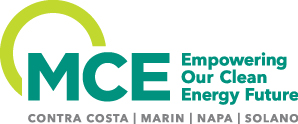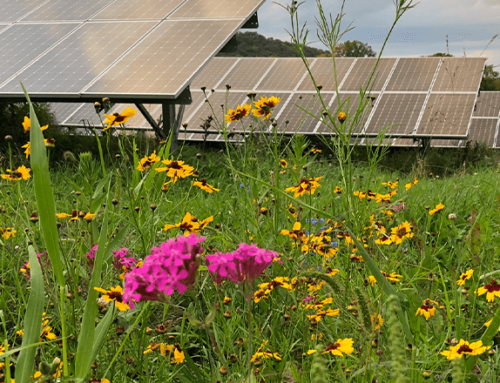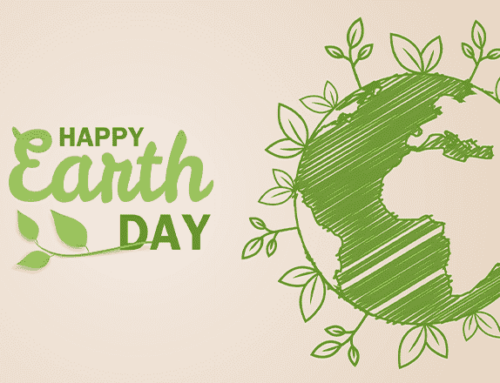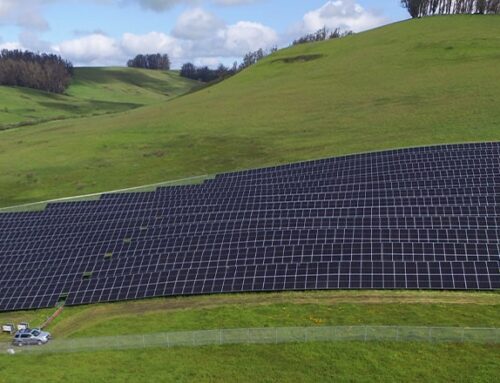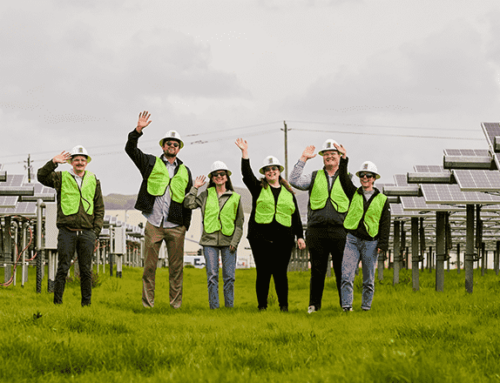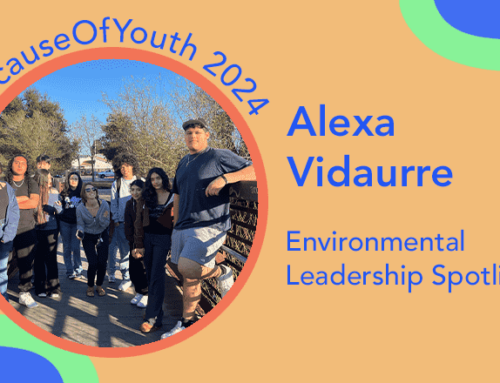The #BecauseofYouth series highlights young environmentalists in MCE’s service area who are leading the fight against climate change. The views, opinions, and beliefs expressed here are not necessarily representative of the views, opinions, and beliefs of MCE as an agency.
Lizbeth Ibarra (she/her) is a 17-year-old climate justice organizer and activist from Richmond, California. Lizbeth became involved in the climate justice movement after learning how climate change is connected to other social justice issues during a presentation by Youth vs. Apocalypse (YVA).
Can you tell us a bit about yourself?
I’m currently a junior at Making Waves Academy in Richmond. Outside of school, I am a leader of YVA’s California Youth vs. Big Oil campaign, and I also coordinate their social media presence. In addition to working with YVA, I do a lot of grassroots organizing in Richmond. I’ve worked with RYSE Youth Center and Richmond Youth for Environmental Justice, which is part of Communities for a Better Environment that seeks to improve safety at the Chevron refinery.
How did you become involved in environmental justice?
During my sophomore year, members of YVA spoke at my school about their organization and a fellowship they were offering. I learned from the presentation that to address climate change, we also need to address racial, gender, and economic justice. Seeing how these issues are interconnected spurred me to apply for YVA’s fellowship. Climate justice has been a huge part of my life ever since.
What does Youth vs. Apocalypse (YVA) do?
YVA employs an intersectional approach to the climate crisis to promote an equitable, just, and sustainable society. One of our campaigns is Divest CalSTRS, which calls for the California State Teachers’ Retirement System to divest the $6 billion they give to the fossil fuel industry. We also have a campaign about the Green New Deal in California. One of our other initiatives aims to stop the construction of a coal terminal in West Oakland. We also have workshops about hip hop and climate justice, where we use different mediums of art as a platform to talk about environmental justice.
What moments stand out from your time as a climate justice activist?
At the start of my organizing journey, I felt like I didn’t belong. At protests, I saw primarily white and wealthy people who didn’t look like me, and climate justice organizers often used words that I didn’t understand. At the end of my fellowship, a member of YVA told me it was okay not to know everything. She said that I should speak up and ask questions because that’s how I’ll learn. That helped me gain so much confidence. I want new organizers in all social justice movements to remember that they belong.
What does a justice-centered approach add to conversations about sustainability?
Traditional sustainability activists often put the blame on individuals instead of demanding changes from politicians and institutions. Environmental justice is led by the people most affected by the climate crisis, mostly Black, indigenous peoples, people of color, young people, and low-income people. These are the people who have been speaking up on the front lines for a long time.
It is very empowering to be surrounded by other youth who look like me and are passionate about making a change. Through my work, I’ve realized it isn’t a coincidence that a refinery is located right next to my community, which is predominantly made up of low-income people of color. Like other systems of oppression, the root causes of the climate crisis are capitalism, colonialism, and white supremacy.
Why do you think it’s important for youth to use their voices to create change?
As young people, we’ve seen our leaders put profits over people time and time again. We must take matters into our own hands. I talk to my parents about how a different world is possible, but they’re busy working nine-to-five jobs to support a family. It’s imperative to amplify and uplift the voices of youth who can imagine a better world. I view the Earth as something older generations are borrowing from future generations. We have a moral obligation to take care of the planet because this planet is not ours to destroy.
How do you see your work evolving in the next few years?
I want to be the role model that I didn’t have while growing up so that other young people can see themselves in this movement. I’m also planning on going to college, to study the climate and pursue my interest in science, technology, engineering, and mathematics (STEM) courses. One day, I want to use these tools to help solve social justice issues.
